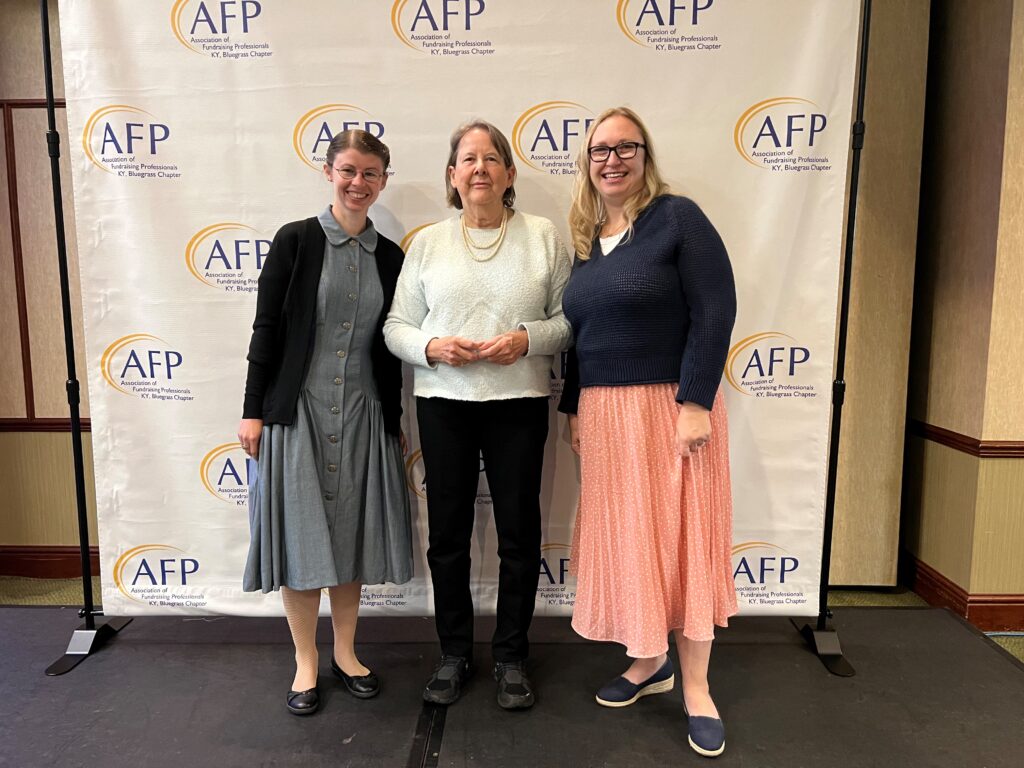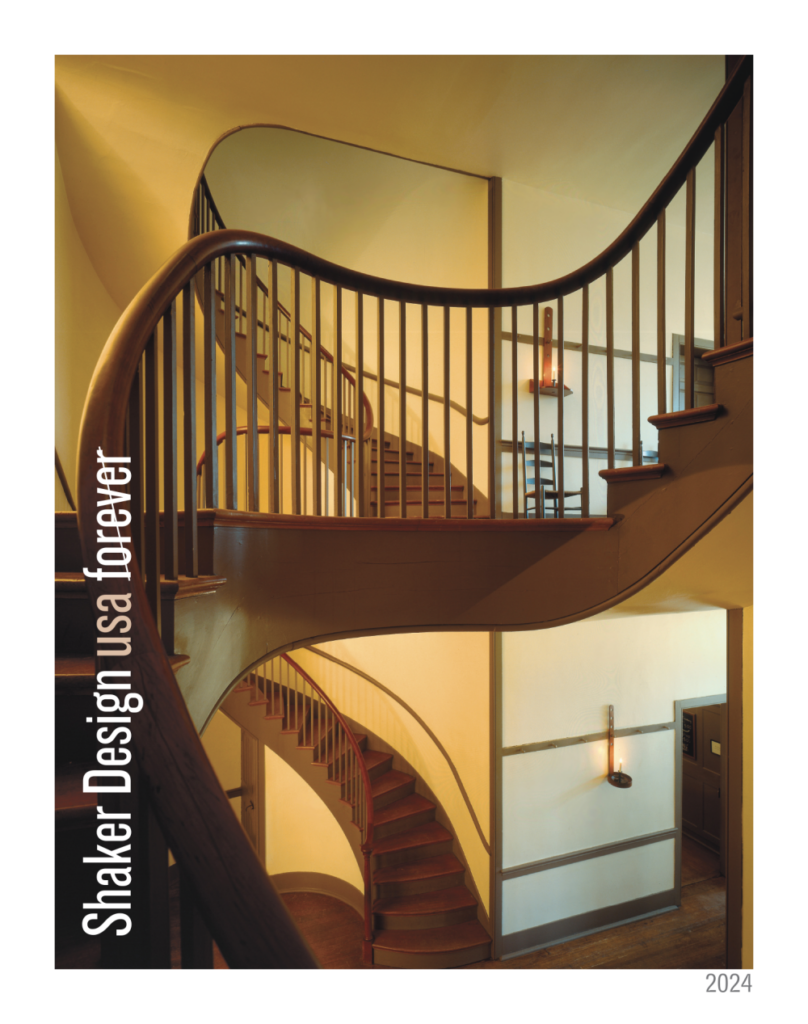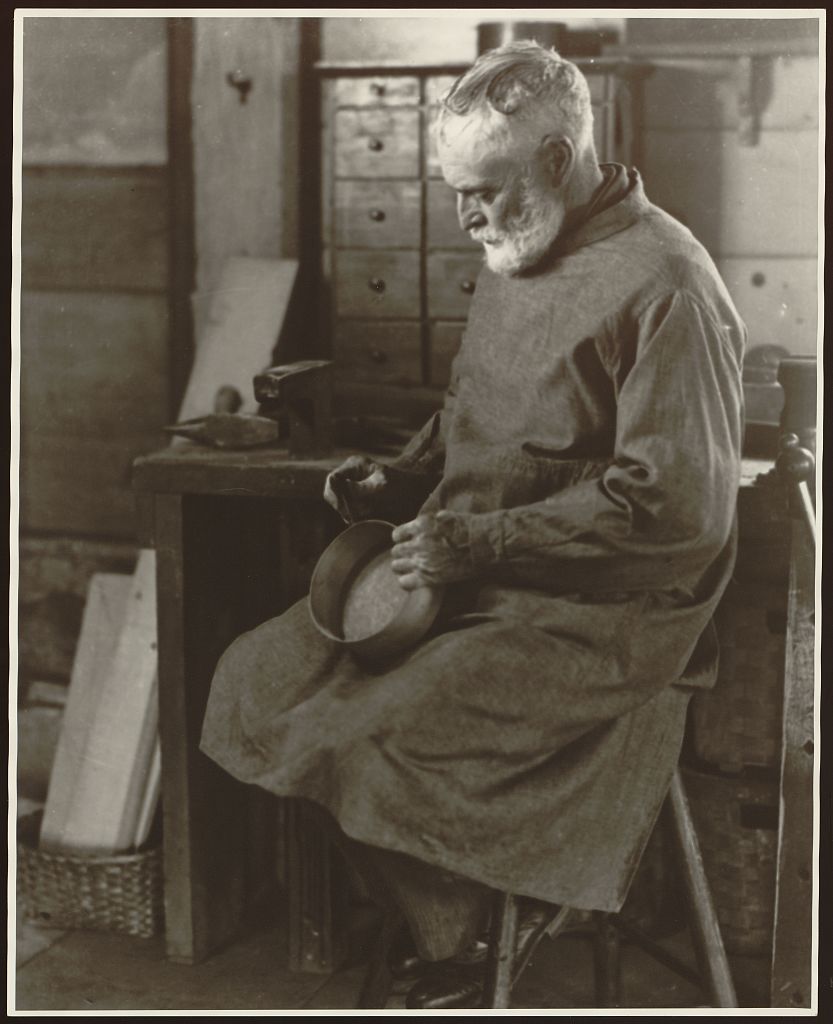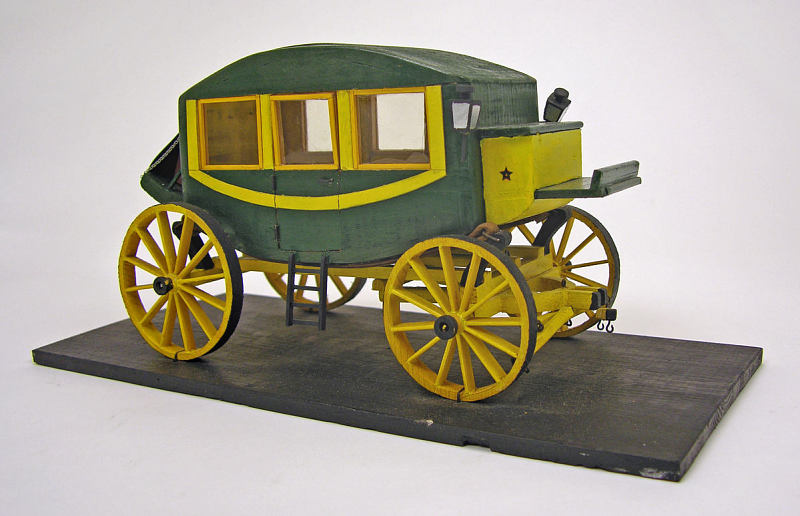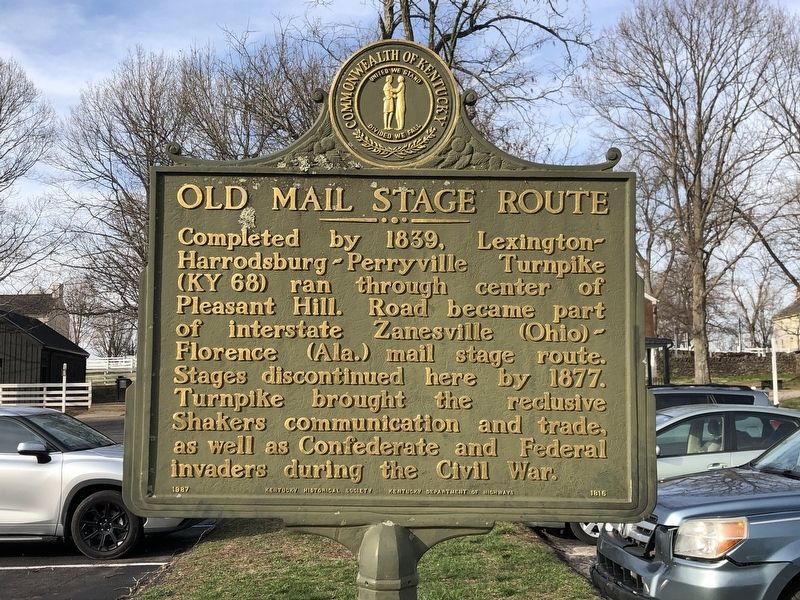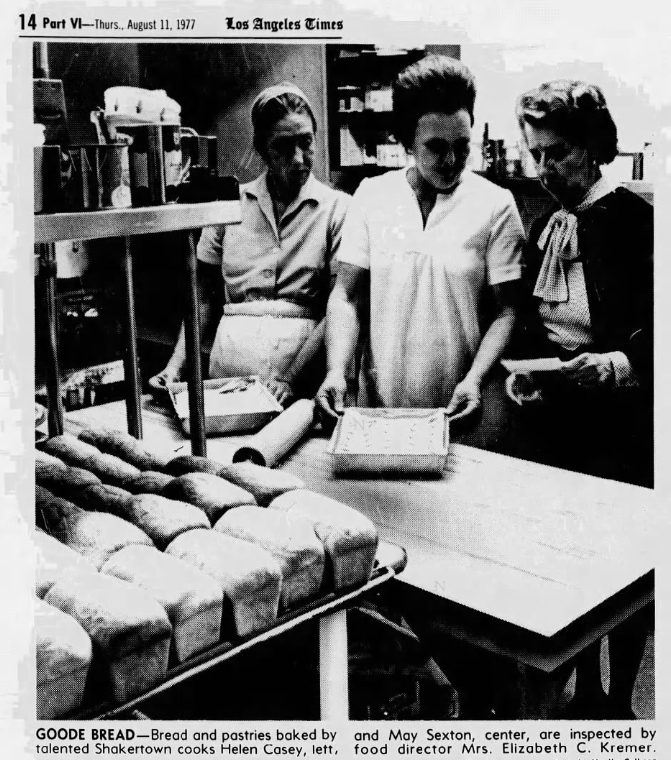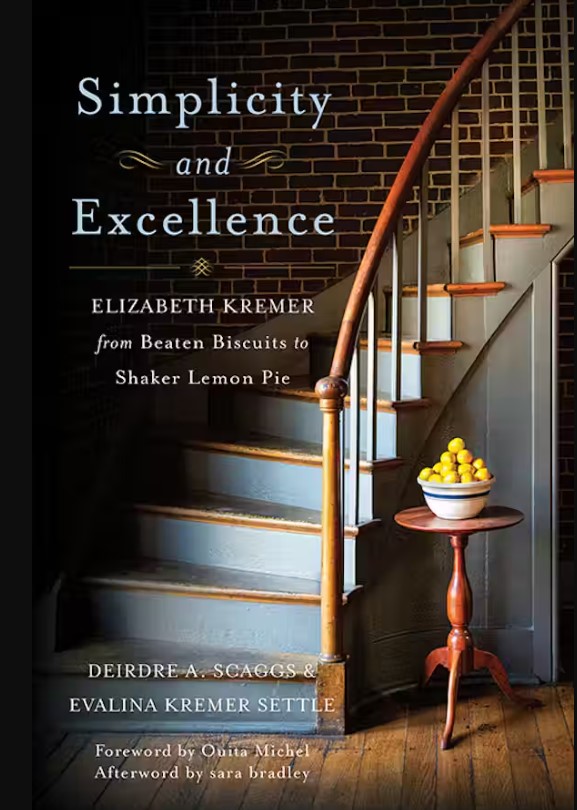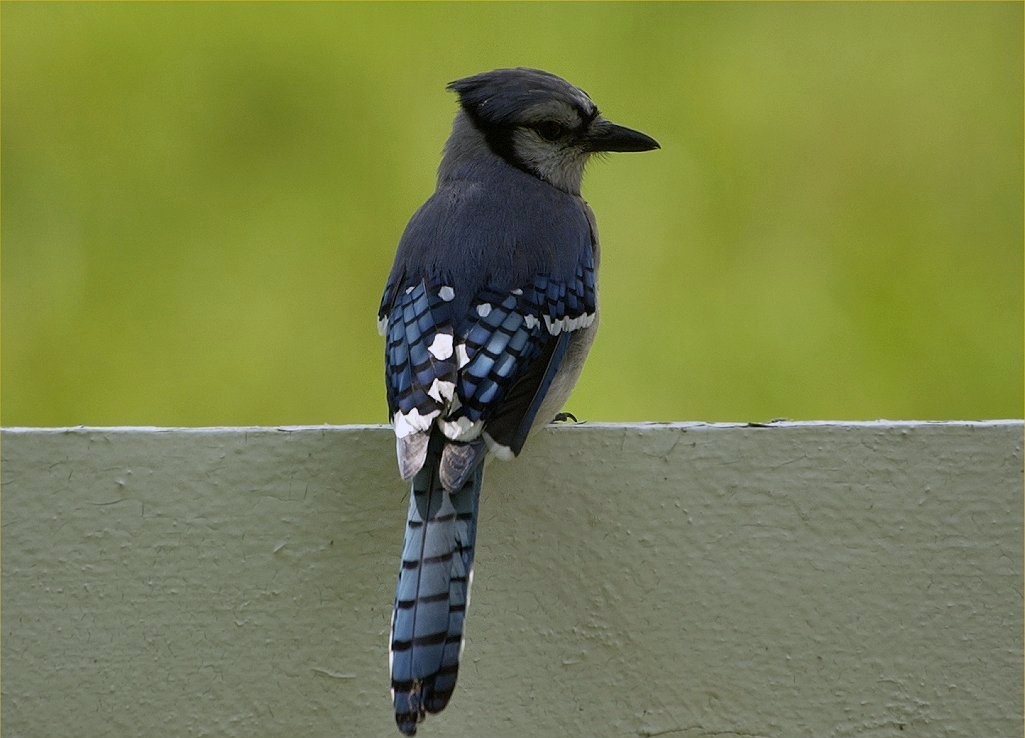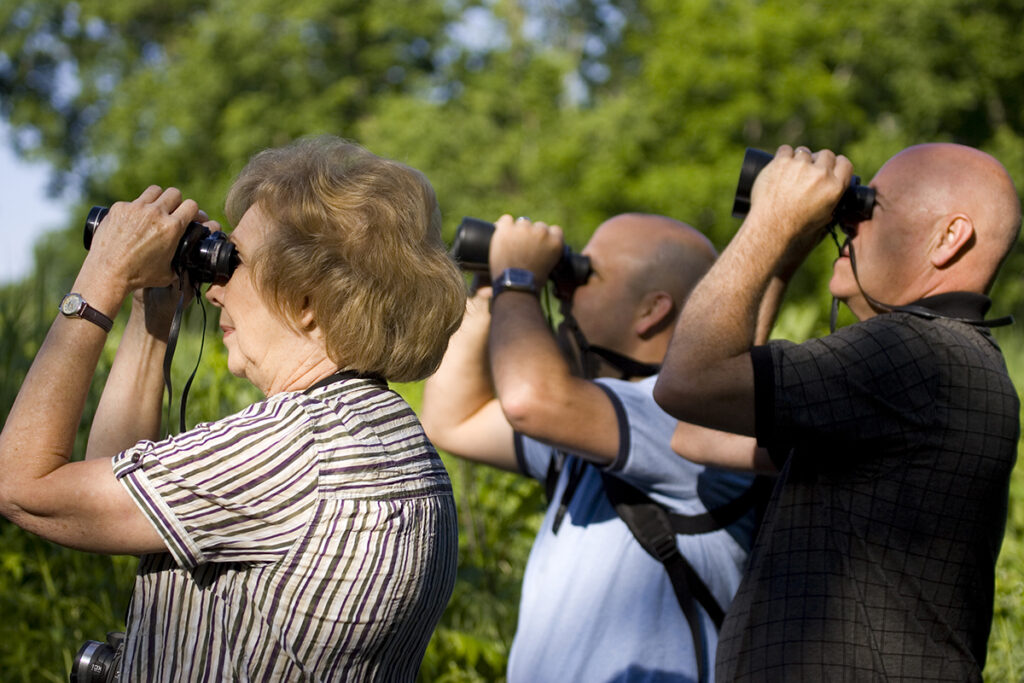Melissa Williams, Chief Development Officer
The twinkling white lights strung across the Village instill a quiet sense of inner peace and renewal as you walk down the historic turnpike. It feels this way every year as the calendar turns from December to January, but this year there is an extra sense of something magical in the air.
2024 marked the 250th anniversary of the Shakers’ arrival in America. As we commemorate this milestone there is so much to celebrate this year at Pleasant Hill—thanks to the incredible support of our community of donors, guests, volunteers, staff and Trustees. It’s your support through your visits and your gifts of time and treasure that preserves history, stewards 3,000 acres of natural and cultural landscape and inspires memory-making experiences for guests of all ages.
Below are a few highlights from 2024, made possible through your support:
- Donors came together to meet the Trustees’ Matching Challenge, raising more than $325,000 for Shaker Village’s mission.
- Significant progress was made in preserving the site’s history through preservation projects:
- Exterior carpentry at the West Family Sisters’ Shop including restored windows, doors and the soffit.
- A fresh coat of paint completed the restoration of the Carriage House.
- Ongoing maintenance and repairs were completed at historic buildings across the Village.
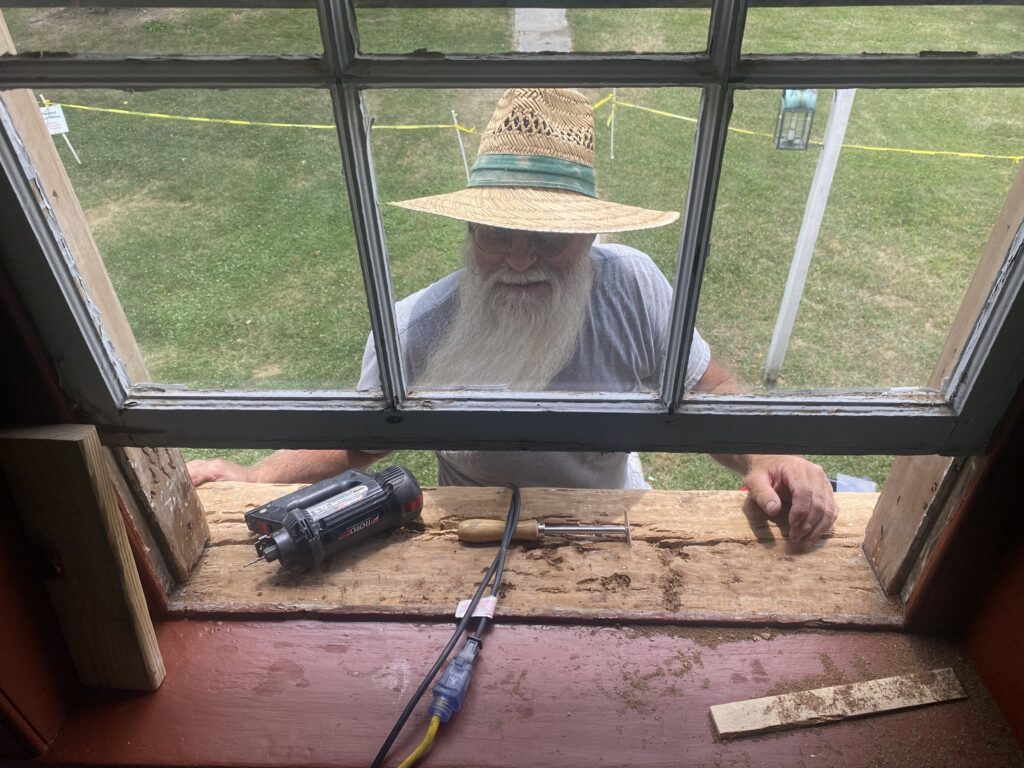
- Our teams cared for the cultural landscape making upgrades to the 30.5-mile trail system.
- New benches were added at key spots in the Preserve to add peaceful rest stops for hikers.
- New bluebird boxes and fishing line disposal receptacles were installed to support biodiversity and protect habitats.
- Clearing of invasive plants began in key areas along Highway 68 and near the West Lot Dwelling to enhance our habitat focus.
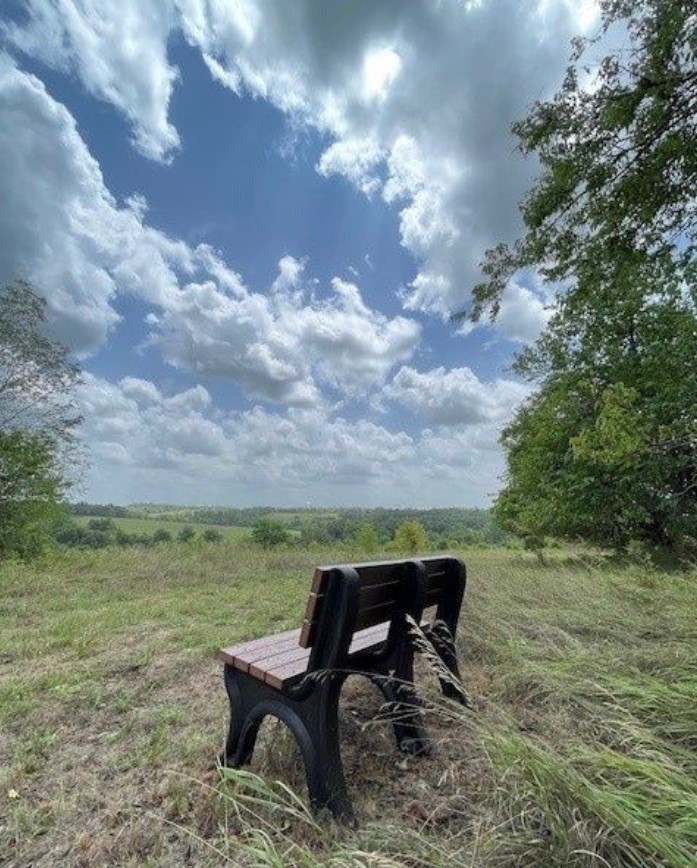
- This year, we offered new and engaging experiences for guests including:
- New field trip programs were introduced for schools, including If Walls Could Talk, which invites students to explore the architectural history of the Village.
- The new Flushed Away daily program explored Shaker innovations in waste management while highlighting Shaker ingenuity.
- Two temporary exhibits were featured this year: Spark! Places of Innovation highlighted the intersection of Shaker ingenuity and contemporary innovation, while Pleasant Hill Paintings: An Exhibition of Work – Charles Jolly, showcased vibrant artwork that brought Shaker Village to life.
- A special experience celebrated Elizabeth Kremer’s role in the establishment of Shaker Village’s food service during the Fresh Food Adventure: A Step Back in Time.
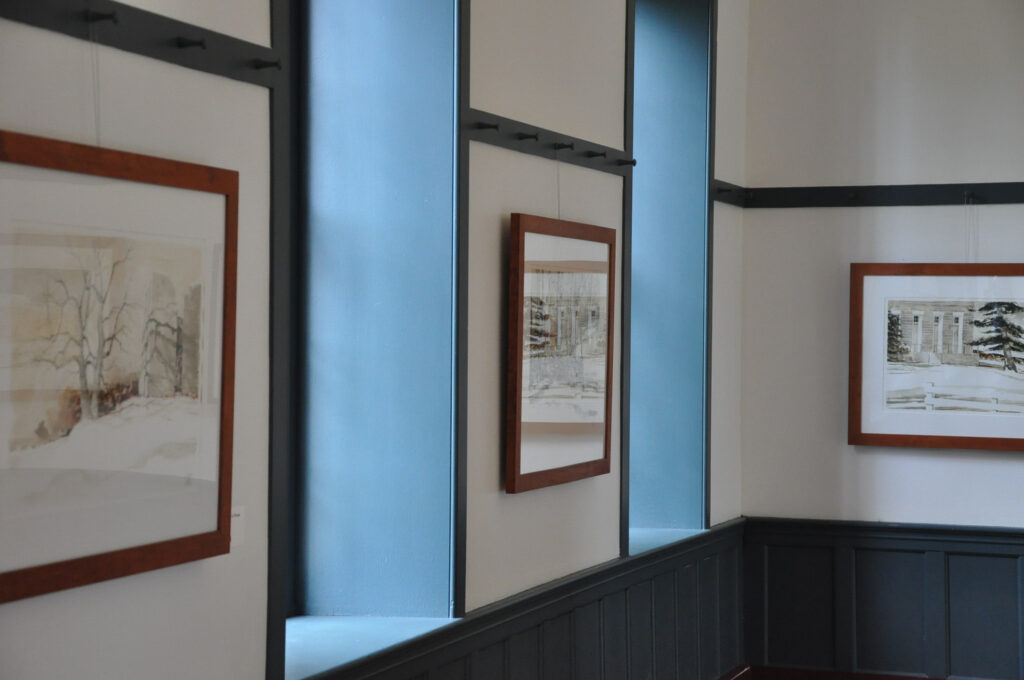
- The success of the Farm continues to be a cornerstone of our sustainability efforts.
- Guests learn about the benefits of nutrient-dense, locally grown foods through hands-on adventures such as Taste of Fresh and Shaker Orchards presented daily at the Farm.
- The addition of Dr. H.P. Lovelace as the new farm manager signals an exciting chapter in expanding the farm’s role, focusing on holistic wellness, biodiversity and innovation.
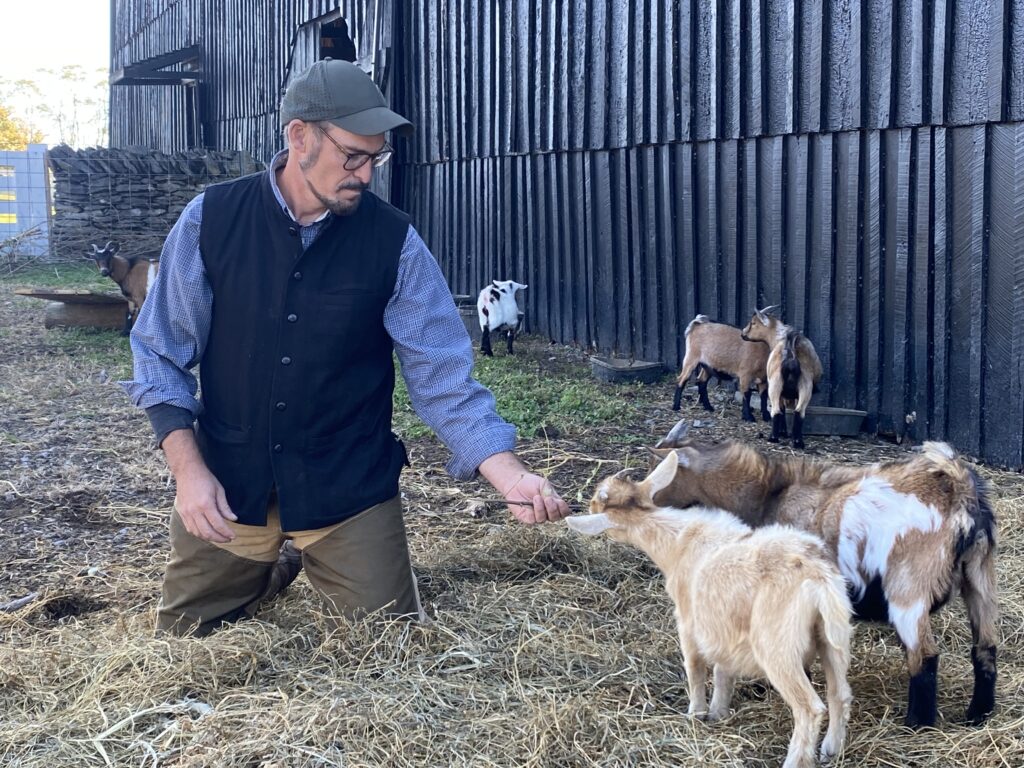
- Shaker Village continues to be a proud local employer and economic driver in Mercer County.
- Collaborations with regional businesses and artisans have helped us create a thriving, welcoming environment for guests and a diverse staff.
- The Village’s nine annual signature events draw thousands of guests to central Kentucky each year, stimulating local businesses, creating seasonal jobs and fostering community engagement.
As the year ends, Shaker Village remains a place where history is not only preserved but where it is
lived—through every conversation, every meal and every guest who explores the grounds. We’re looking forward to an even brighter year ahead filled with new exciting projects and countless
memory-making moments.
